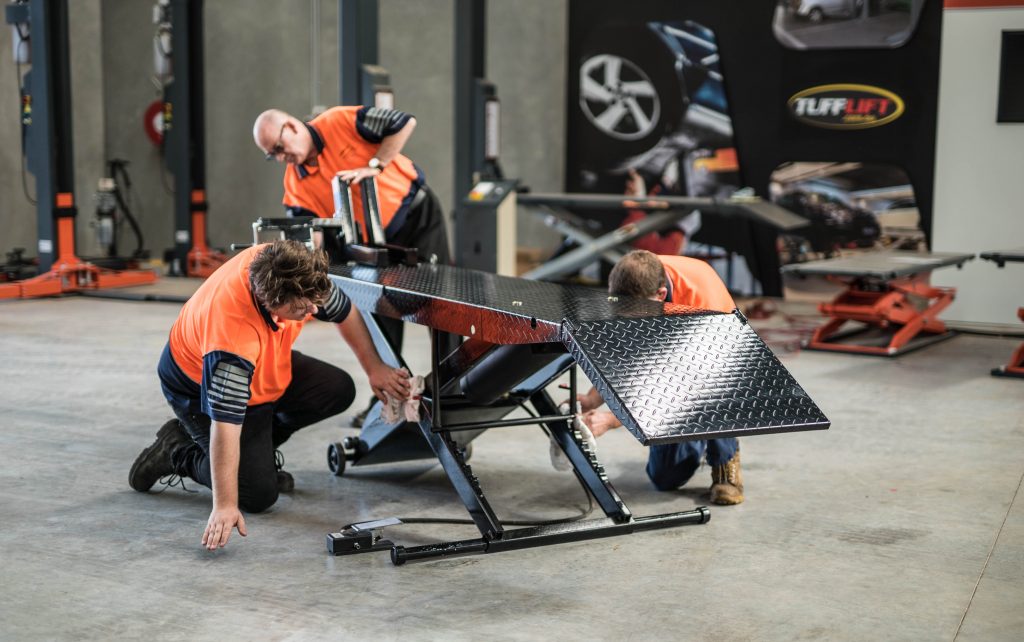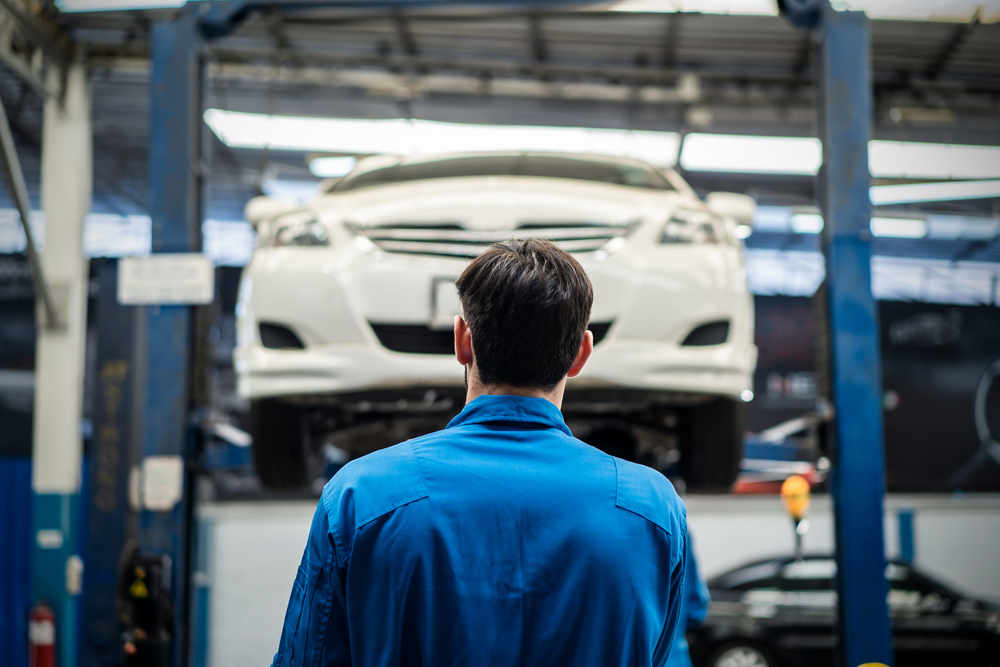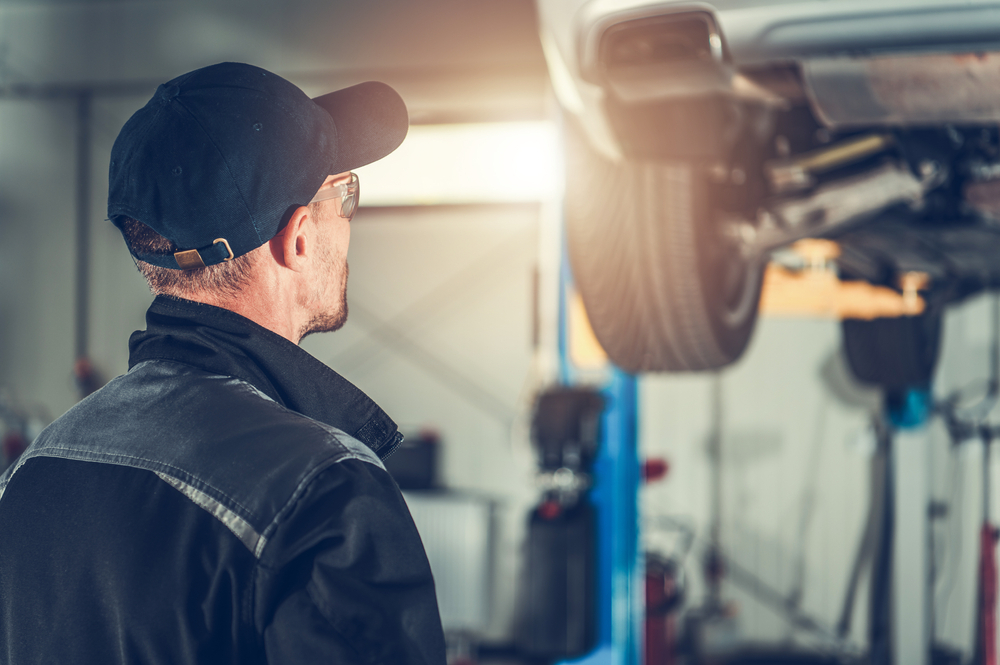These mechanical systems are designed to lift substantial loads, such as automobiles, and any neglect in their upkeep can lead to a number of safety hazards, operational inefficiencies, and financial repercussions.
Regular maintenance not only upholds compliance with regulatory standards but also serves as a preventive measure against potential equipment failures that could result in accidents, injuries, or damage to valuable assets. Beyond safety considerations, meticulous maintenance contributes to the longevity of the hoist, minimising downtime, and safeguarding the reputation of the establishment by fostering a secure and efficient working environment.
The significance of proper hoist maintenance extends beyond mechanical upkeep, playing an important role in sustaining the overall health, productivity, and reliability of automotive repair operations. The frequency of car hoist inspections depends on various factors, including local regulations, manufacturer recommendations, and usage patterns. In general, regular inspections and maintenance are crucial for ensuring the safety and proper functioning of car hoists.
Here are some reasons why these inspections are important:
Safety of Personnel:
Car hoists are designed to lift heavy loads, including vehicles. Regular inspections help identify any potential issues or wear and tear that could compromise the safety of the equipment. Ensuring the safety of personnel working with or around the hoists is paramount.
Prevention of Accidents:
Malfunctioning hoists can lead to accidents, causing injuries or damage to vehicles. Regular inspections can help detect and address problems before they escalate, reducing the risk of accidents in the workplace.
Compliance with Regulations:
Many regions have regulations and standards in place that require periodic inspections of automotive lifts. Following these regulations is not only a legal requirement but also essential for maintaining a safe working environment.
Extended Equipment Lifespan:
Regular maintenance and inspections can help identify and address minor issues before they turn into major problems. This proactive approach can extend the lifespan of the car hoist and prevent costly breakdowns.
Optimal Performance:
Well-maintained hoists perform optimally, providing reliable lifting and lowering of vehicles. Regular inspections can identify issues such as fluid leaks, worn-out components, or electrical problems that may affect the hoist’s performance.
Manufacturer Recommendations:
Car hoist manufacturers typically provide guidelines and recommendations for maintenance and inspection intervals. Following these guidelines ensures that the equipment is cared for in a manner that aligns with its design and engineering specifications.
Insurance Requirements:
Some insurance policies may require regular inspections and maintenance of equipment, including car hoists, to ensure coverage in case of accidents or damage.
Peace of Mind:
Regular inspections offer peace of mind to both operators and owners. Knowing that the equipment is in good working condition reduces the stress and uncertainty associated with potential safety hazards.
It’s important to consult the manufacturer’s guidelines and adhere to any local regulations regarding the inspection and maintenance of car hoists. Regular inspections, combined with prompt repairs when needed, contribute to a safer and more efficient automotive workshop environment. Tufflift is a leading international hoist manufacturing and distribution company based in Australia. They offer regular inspections and maintenance services for all the hoists they supply.
What Happens If A Hoist Isn’t Maintained Properly?
If car hoists are not maintained and inspected properly, several safety and operational risks may arise. Here are some potential consequences:
Safety Hazards:
Without regular inspections, safety features and critical components may deteriorate over time. This can lead to the risk of accidents, such as the hoist collapsing, vehicles falling, or other malfunctions that can cause harm to personnel or damage to property.
Equipment Failure:
Lack of maintenance can result in the gradual degradation of key components, including hydraulic systems, cables, and mechanical parts. Eventually, this may lead to equipment failure, causing the hoist to malfunction or break down during operation.
Vehicle Damage:
Unmaintained hoists may not provide a stable and controlled lifting or lowering process. This instability can lead to damage to the vehicles being lifted or lowered, potentially causing financial losses for the workshop or repair facility.
Downtime and Loss of Productivity:
Equipment breakdowns due to lack of maintenance can result in unexpected downtime for automotive repair shops. This can disrupt workflow, lead to delays in completing projects, and negatively impact overall productivity.
Increased Repair Costs:
Neglecting regular inspections and maintenance may result in minor issues escalating into major problems. The cost of repairing or replacing major components or the entire hoist can be significantly higher than the cost of preventive maintenance.
Non-compliance with Regulations:
Many regions have regulations and standards in place that require periodic inspections and maintenance of car hoists. Failure to comply with these regulations can lead to legal consequences, fines, or restrictions on operations.
Insurance Issues:
Insurance policies may require proof of regular maintenance and inspections. Neglecting these requirements may result in insurance claims being denied in case of accidents or damage, leading to financial losses.
Loss of Reputation:
Safety is a top priority in automotive repair and maintenance. If a workshop or facility experiences accidents or failures due to poorly maintained hoists, it can damage their reputation, leading to a loss of customer trust and potential business.
Employee Morale and Safety Concerns:
Employees working with equipment that is not properly maintained may become concerned about their safety. This can lead to decreased morale, increased stress levels, and potential reluctance to use the equipment, impacting overall efficiency and work quality.
Proper maintenance and regular inspections are essential to ensure the safety of personnel, protect vehicles, comply with regulations, and maintain a reliable and efficient automotive workshop environment. Neglecting these practices can result in serious consequences, including accidents, financial losses, and damage to a business’s reputation. For more information regarding the importance of proper hoist maintenance get in touch with Tufflift today!




